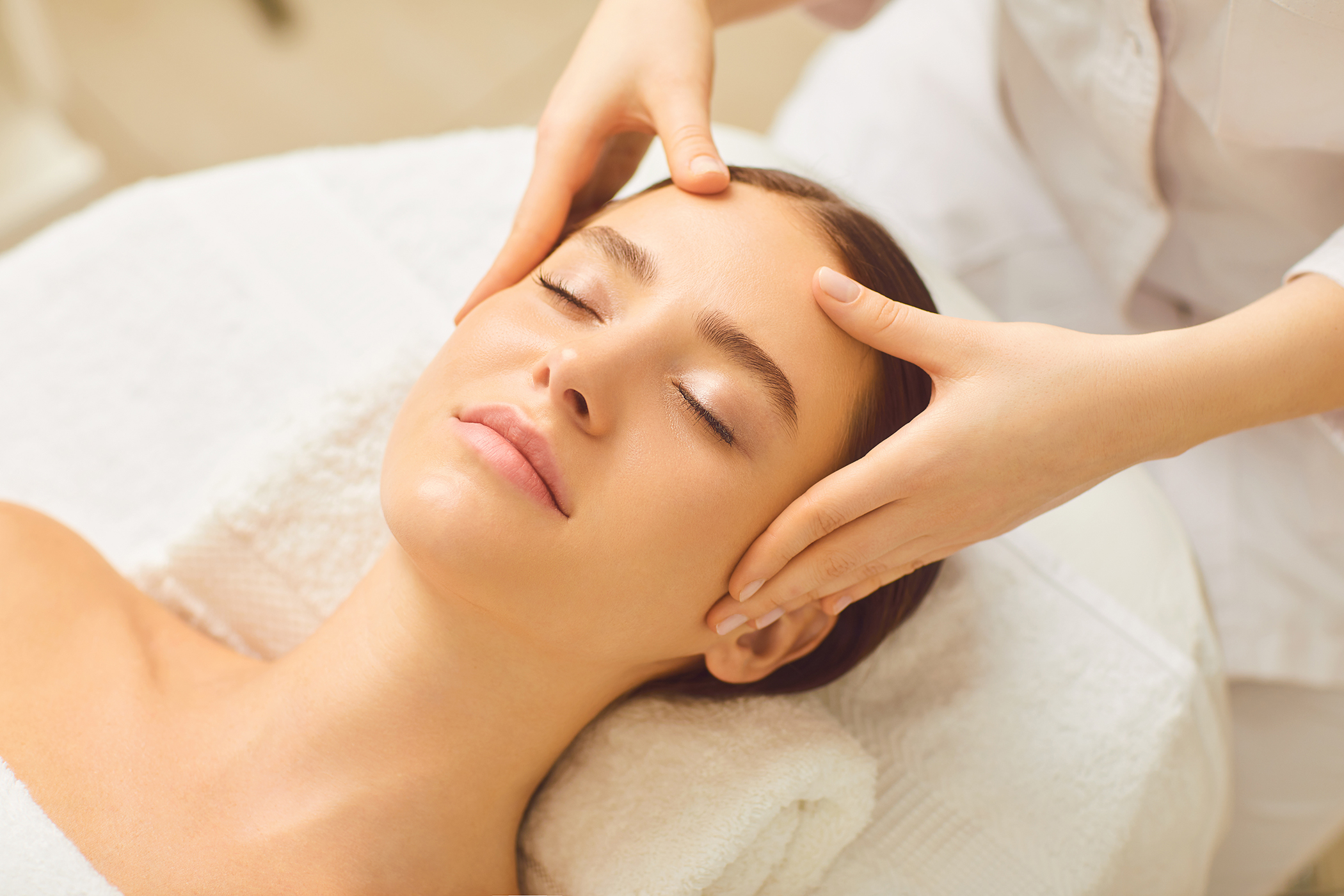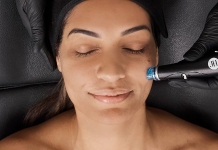Expert Advice: Virus to Vaccination - A therapist’s guide
Dermalogica’s Candice Gardner considers what implications Covid-19 and changes in clients’ health has on treatments and contraindications.
 Has your client had Covid-19? Has your client been vaccinated? Has your client experienced acute or chronic stress as a result of the pandemic? Each affirmation to these questions is a red flag for personal care professionals. This article highlights why every business needs to have considered the implications for their clients and their services.
Has your client had Covid-19? Has your client been vaccinated? Has your client experienced acute or chronic stress as a result of the pandemic? Each affirmation to these questions is a red flag for personal care professionals. This article highlights why every business needs to have considered the implications for their clients and their services.
The pandemic has had a profound effect on public health. As the cornerstone to determining treatment suitability, understanding the health of every client booking a service is essential. Skin, wellbeing and personal care professionals have a responsibility to ensure clients are safe, not only from virus transmission, but are protected from unexpected, unwelcome, and in some instances severe, treatment side-effects. Checking that clients have not become contraindicated to treatment due to changes in health, or that skin has become unusually responsive due to changes in immunity, may mean additional procedures, protocols and patch testing.
With varying severity of illness suffered by those that have contracted Covid-19, there is an increasing awareness of the potential for longer terms impacts. Evidence is mounting on the issues with long Covid and systemic inflammation. Reports of extreme allergic reaction to previously well tolerated services, such as hair colouring or chemical peels, has highlighted the importance of pre-treatment consultation and the requirement to patch test those who have been ill.

Most manufacturers and insurers would expect a patch test to be re-performed if a customer had not received the service or procedure in the last six months because so much can change with a client's health over that time period. Covid-19 has re-emphasized how important these patch tests are. Given that many customers will not have had services for six months or more, and the effect Covid-19 has had in changing status of health across the general population, this subject has come to the top of the agenda for trade organisations and insurers.
Since scientists suggest that one in three cases of the virus are asymptomatic it is good practice to patch test all clients. Whether they know they have had the virus or not, make thorough consultation and patch testing a matter of course to substantially reduce the risk of negative response to your service. This will protect the client, the therapist and the business.
From the direct impact of the virus on the body systems and immunity to the changing health status due to vaccination, each change in a client's medical history requires a re-test. For vaccines that require a second dose, patch test after each inoculation. It is advisable to ensure that the client is well enough to receive treatment and is not suffering any side-effects of the vaccination before proceeding with the patch test or the service.
Our industry is well aware of the effect stress can have on the body and the skin. Intense and prolonged stress increases the sustained release of the neurotransmitters calcitonin gene-related peptide (CGRP) and Substance P, both of which increase skin sensitivity and inflammatory response. This makes clients highly susceptible to undesirable treatment effects including burning, rashes, triggering existing inflammatory disorders, or causing irritant or allergic dermatitis.
Ensure your clients have a positive and beneficial experience by reducing the possibility of adverse skin reaction through effective consultation and skin testing protocols.
As the doors of clinics and treatment centres start to open, there is acute awareness of the impact the Covid-19 pandemic has had both socially and economically, and a focus on preparations to make treatments ‘safe' to encourage customers back for professional treatment. The return of professional services will be the start of our social reconnection and will initiate the economic recovery for many businesses.
Reducing risk of coronavirus transmission through elevated hygiene procedures and PPE are not the only protocols that therapists need to be thinking about. Whilst these are vital for client and therapist safety, we also need to assess the other risks that have amplified as a result of the virus and put strong measures in place.
Candice Gardner is Education Manager – Dermalogica UK and Ireland.

-(1)-13444.jpg)






